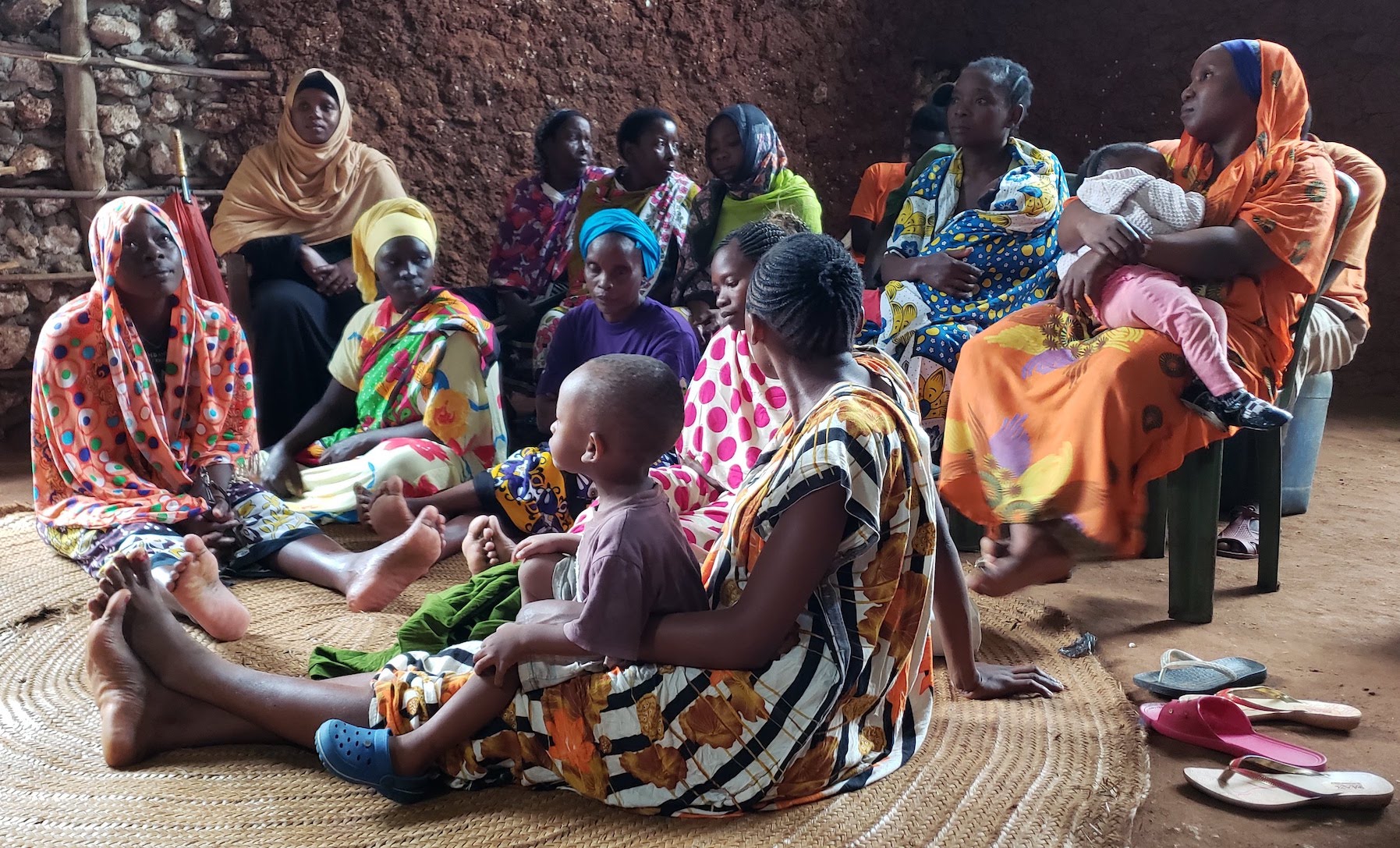
One in five young children globally suffer the consequences of stunted growth and development, while millions experience deficiencies in zinc, iron, iodine, vitamins A and B12, nutrients found bioavailable in fish foods. Small-scale fisheries (SSF) have the potential to generate wealth and augment fish consumption while being environmentally sustainable if appropriate systems are in place. However, those engaged in SSF are often marginalized by large industrial fisheries and other factors. Coastal communities in Kenya are dominated by SSF and are among the poorest and most malnourished globally. In 2016, the Kenyan Government made a strong commitment to managing aquatic resources with Executive Order No. 1/2016, offering the opportunity to leverage political will and resources. Our activity supports SSF households in Kenya with a view towards sustainable fisheries production and knowledge for improved nutrition outcomes.
We aim to test the effectiveness of a bundled intervention to address malnutrition and its intersections with nutrition security and fisheries sustainability. A cluster randomized controlled trial will be conducted to examine the multifaceted Samaki Salama (“fish security” in Kiswahili) intervention in Kilifi, Kenya. Communities will be matched and randomized into control or intervention groups. The 12-month package includes:
- Multi-tiered nutrition social marketing campaign to fishers, mothers, and health workers for sustainable fish nutrition, dietary diversity, and food safety
- Fisher cooperatives for gear sharing and modification.
We estimate requiring a sample size of 400 households (200 per group). Both process (implementation research) and impact (effectiveness trial) evaluations will be carried out using mixed methods. Primary outcomes will be longitudinal difference-in-difference analyses of nutrition parameters during the first 1,000 days of life – dietary diversity, fish food intake, stunting prevalence, and height-for-age Z. Other outcomes in the pathways to impact include women's decision-making and empowerment, fisheries yield, fishable biomass, fish spawning potential ratio, and fisher income and earnings. Formative research will also be carried out in Taita-Taveta, as a representative inland county to explore access to fish, fish in young-child diets, and future interventions. We will conduct in-depth interviews with key informants and structured market observations.
A three-pronged approach strategy will be applied. First, we anticipate transdisciplinary learning and novel paradigms to arise from cooperation across nutrition, fisheries ecology, and anthropology sectors, at both individual and organizational levels. Second, we emphasize mentorship and student learning in this activity within and among institutions in the US and Kenya. Third, field activities, such as social marketing, intentionally incorporate capacity-building strategies to deepen understanding among participants, community health workers, and other community members for fish nutrition and sustainable fisheries. Also, in the field, we expect to impart learning on research methods and technology applications, such as use of mobile phones for fisher and household communication.
Our study offers an exciting opportunity to contribute to the nutrition-sensitive evidence base. This research-for-development activity can serve as a model for other programs in Kenya and globally for support of SSF and aquaculture production. Strategically positioned in Kenya, it can offer new prototypes of support to entire fisher households, biodiversity-nutrition linkages, and application of scalable technologies.
Executive Summary of Results and Findings
Final Technical Report: Samaki Salama Kenya
Learn More
Video: How to Make a Sustainable Fish Trap |DIY|
Aquatic Animal Foods for Nutrition Security and Child Health [peer-reviewed journal article]
